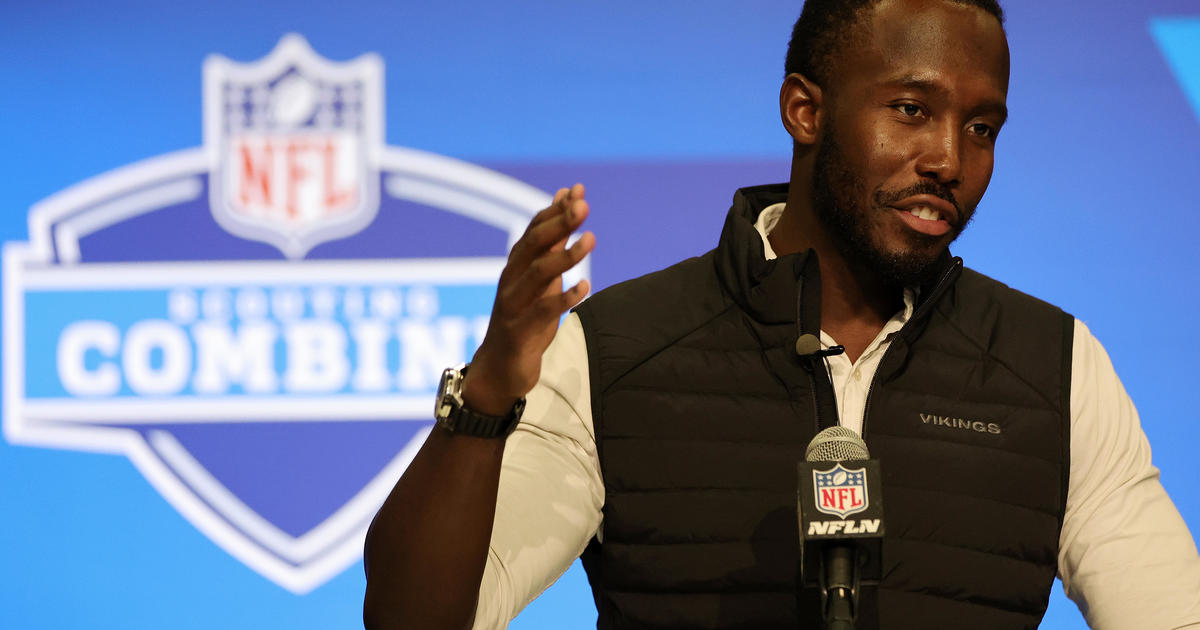Ask An Expert: Tips On Starting The College Search
High school freshmen, sophomores and juniors: it's never too early to begin thinking about college and your future career path. The transition from high school to college can be one of the most meaningful experiences you will have as a teenager. Plus, the more you do in high school, the better prepared you'll be for all that lies ahead. Here are five tips from Sue Luse, "The College Expert," to help you begin searching for and exploring colleges.
Suzanne Luse
Certified Educational Consultant
Suzanne Luse and Associates
3588 Woodland Trail
Eagan, MN 55123
(651) 688-0595
www.collegeexpert.net
For over 20 years, Sue Luse has provided individual college consulting services to more than 1,000 high school students and visited more than 200 college campuses. She helps students find many colleges where they can excel and matches students' passions, personalities and academic and extracurricular interests with colleges that fit them best. After working with students to find their best-fit colleges, she offers guidance in how to prepare applications that shine, write winning essays and obtain scholarships and financial aid. Check out Sue's website to learn more, especially by reading "Sue in the News" links for articles that feature her in local and national publications.
Tip 1: Look For A Variety Of Colleges That Appeal To You
Everyone's college preferences will be different. What's more, there is no "perfect" college. The key to a successful college search is to discover a variety of colleges that fit you best, rather than focusing on one best college. As you begin your college search, Ms. Luse' best advice is to keep an open mind. In addition to name-brand schools, there are hundreds of hidden gems. While many of Sue's students gain acceptance and love their experience attending top colleges, many other students are equally successful and flourish at lesser-known schools. Sue recommends that students find eight to 10 colleges that they would love to attend.
Tip 2: Identify Wants, Needs And Must-Haves
The next step is to set your individual college criteria. Do you like being a big fish in a small pond or prefer the anonymity of a larger university? Are you eager to travel far from home or be able to come home for Sunday dinner? How important is the availability of a specific major or the opportunity to stay involved in a favorite activity? Begin to identify which factors you can compromise on and which ones you can't. A great way to get started is to visit colleges in your community or campuses close to where you might be traveling. You can also take some virtual tours online.
Related: Best Books To Read Before Heading Off To College
Tip 3: Consider The Affordability Factor
With the total cost of attendance at many colleges approaching or exceeding $50,000 per year, Sue finds the families she works with are becoming increasingly concerned about affordability. Fortunately, financial aid and merit scholarships are often available to help defray these costs, and every college provides a "Net Price Calculator" on its financial aid website. Sue also encourages students and parents to use online tools to learn more about need-based aid and merit scholarships, and to include some public universities with in-state (and reciprocal) tuition on their college list.
Tip 4: Include Colleges That Vary In Selectivity
Being realistic about your chances of being accepted is part of the college search process, too. Compare your GPA and test scores to the average range of what colleges accept. Keep in mind that highly selective colleges only accept a tiny fraction of students who fall within this range. That's why it's a must to consider colleges with differing degrees of competitiveness. Sue encourages her students to apply at eight to 10 colleges that are all great fits—but represent schools where their acceptances will be likely, quite possible or a bit of a reach.
Tip 5: Make The Most Of High School
You'll have more college choices (and potential acceptances) if you do well in high school now. Colleges look first and foremost at your transcript and check that, based on the courses your high school offered, you challenged yourself academically. Sue finds many of her students are surprised to learn that taking rigorous courses is preferable to earning straight A's in easier classes. Of course, colleges want to see students succeed in challenging courses, too. Colleges also look for students who are active outside of class such as sports, clubs, employment or service. The quality of your participation—being deeply committed to a few activities—is preferable to quantity.
Related: Best Test Prep Tutors In Minnesota
Robin Johnson was born in Annandale, Minn. and graduated from Richfield High School and then the University of Minnesota where he studied Political Science, Business and Industrial Relations. A writer for Examiner.com, he also consults with a variety of organizations and individuals helping them develop and grow. His work can be found at Examiner.com.




